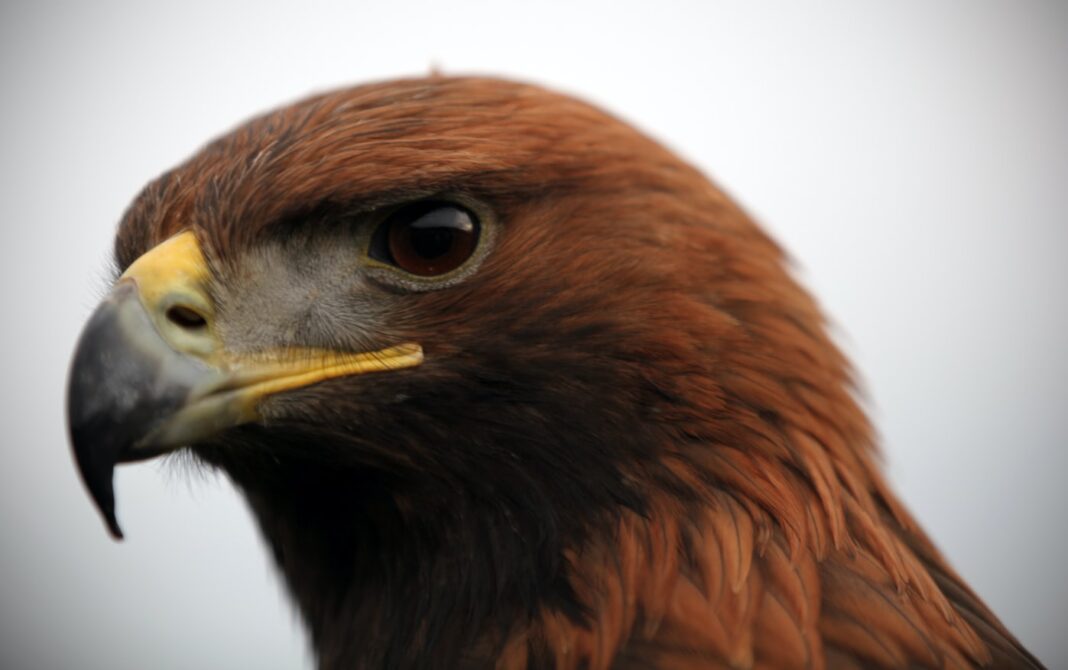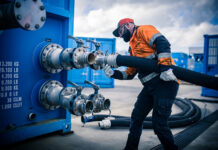
RSPB Scotland has raised concerns over the proposed build of a 33-turbine windfarm near Stornoway.
The charity said that the development could have ‘significant’ negative impacts on important bird populations on the Isle of Lewis through the risk of collision, displacement and disturbance caused by the turbines.
RSPB Scotland had previously withdrawn an objection for the build of a 36 turbine windfarm at the same site in 2012. However, the charity said that ‘a lot has changed’ since 2012 and that the latest proposal has a different layout to the previous plans – with taller turbines detailed in the blueprint.
As part of its objection, the charity was required to calculate how many birds are predicted to be killed through collisions with the turbine blades. It believes that four hen harriers, ten red-throated divers, 16 white-tailed eagles and eight golden eagles would die as a direct result of windfarm over 25 year period.
It added that several of the turbines are proposed to be built close to the nesting and roosting areas of red-throated divers and hen harriers. The charity said that the species are sensitive to disturbance and usually nest away from areas of human activity, meaning that the bird territories could be lost completely.
RSPB Scotland said there are established guidelines for ‘disturbance free’ areas around nest sites of sensitive species and that it is ‘concerned’ that this guidance has now been followed by the developer.
Robin Reid, conservation officer for the RSPB on the Outer Hebrides, said, “We are concerned about what will happen to bird populations across Lewis if this proposal goes ahead in its current form. We know that white-tailed eagles, golden eagles, red-throated divers and hen harriers are susceptible to wind farm impacts and this is highlighted by the recent eagle collisions recorded at the Pentland Road Wind Farm.
“Whilst it has been exciting to witness the recent appearance of hen harriers nesting on Lewis, which were reported on last year, this proposal now threatens further expansion of harriers on the island. We are supportive of renewable energy development, as it is needed to combat the climate emergency, but proposals must be at a scale and located in areas where they do not have a detrimental impact on wildlife.”








